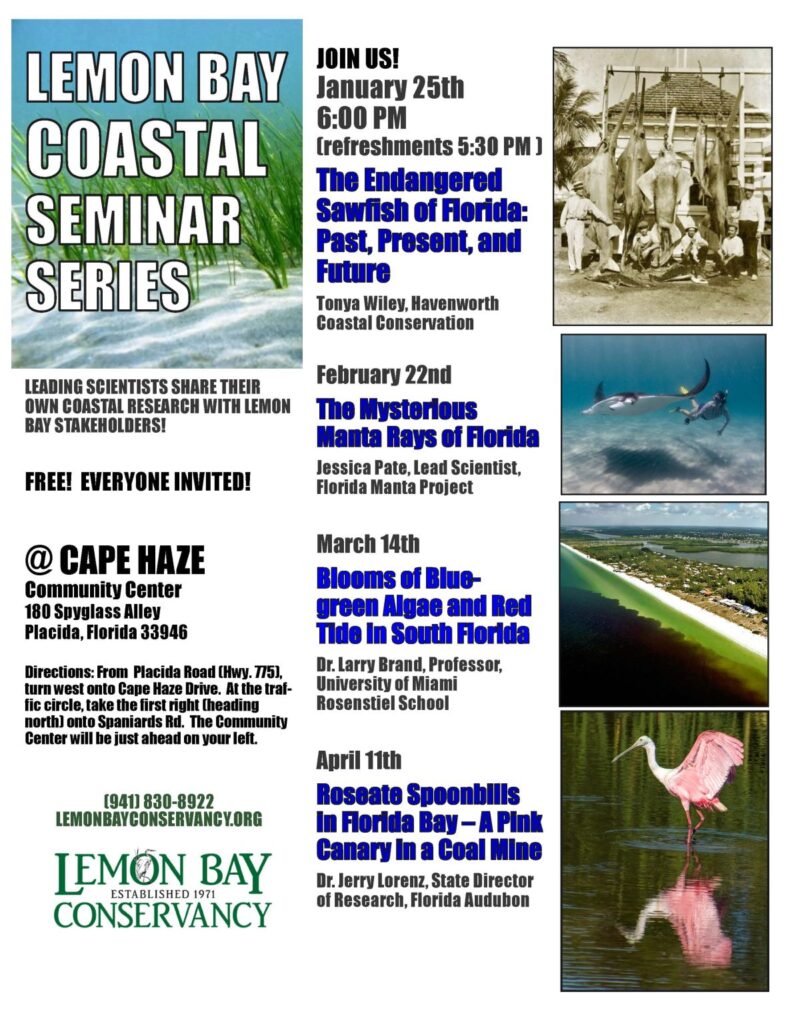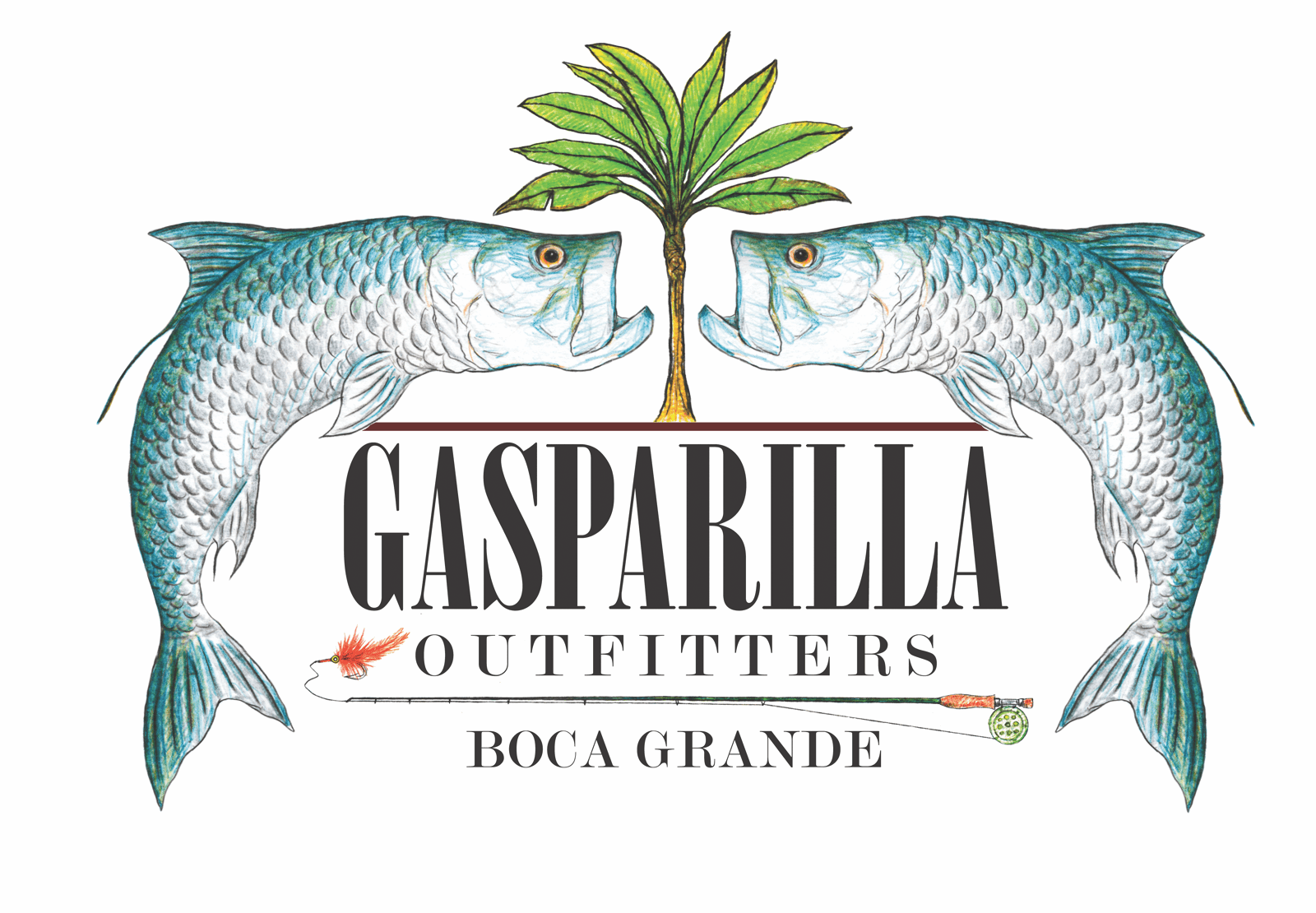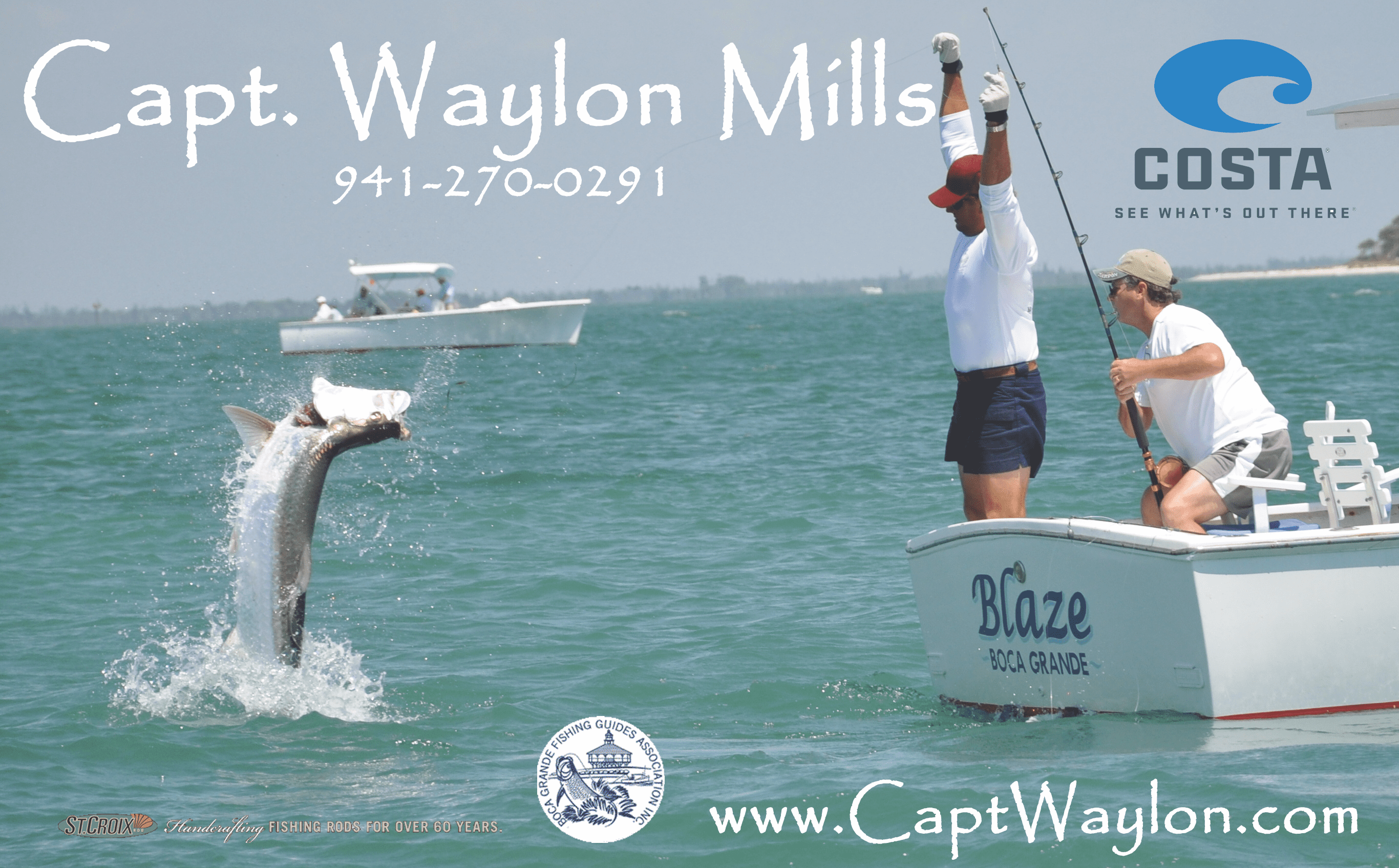Sawfish expert is launch speaker for new marine biology series
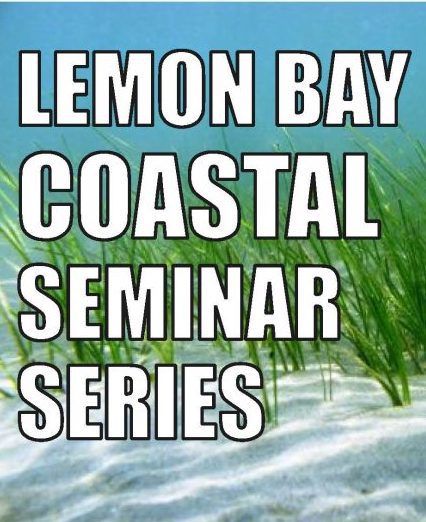
A new marine ecology education series will feature independent researchers on marine biology issues critical to Cape Haze and Charlotte Harbor. The Lemon Bay Coastal Seminar Series, set for an inaugural four monthly talks, will provide high-level access to marine biology researchers that have knowledge critical to the ecological health of Cape Haze and Charlotte Harbor.
“We tried to make sure there is something that is relevant to this area,” said organizer Rob Robbins, a marine biologist and member of Lemon Bay Conservancy.
The first seminar is Thursday, Jan. 25 at the Cape Haze Community Center, pictured below. The first talk is The Endangered Sawfish of Florida: Past, Present, and Future.
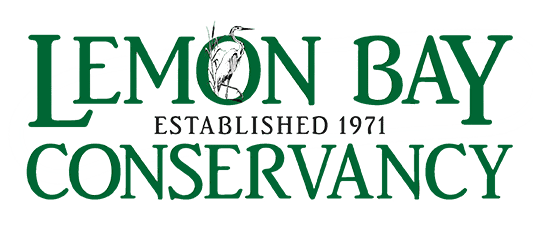
“Mangroves are important for them, shallow bays and estuaries,” said Robbins.
The sawfish is a critically endangered species that has a “sixth sense” and grows to over 20 feet in length. The presenter will be Tonya Wiley, President of Havenworth Coastal Conservation. Wiley is perhaps the nation’s greatest expert on the small tooth sawfish, better known as Pristis pectinata.
The species was once plentiful from Texas to North Carolina, but overfishing led to decline. Today, the sawfish is mostly confined to south Florida. Wiley has won numerous research grants for her work, including a 2021 grant from the Disney Conservation Fund, and is well known for her expertise.
“It’s high level and spans the whole gamut,” said Robbins, who is a new resident of the area, and is the author of a doctoral thesis on salinity fluctuations and coastal mangrove fish populations.
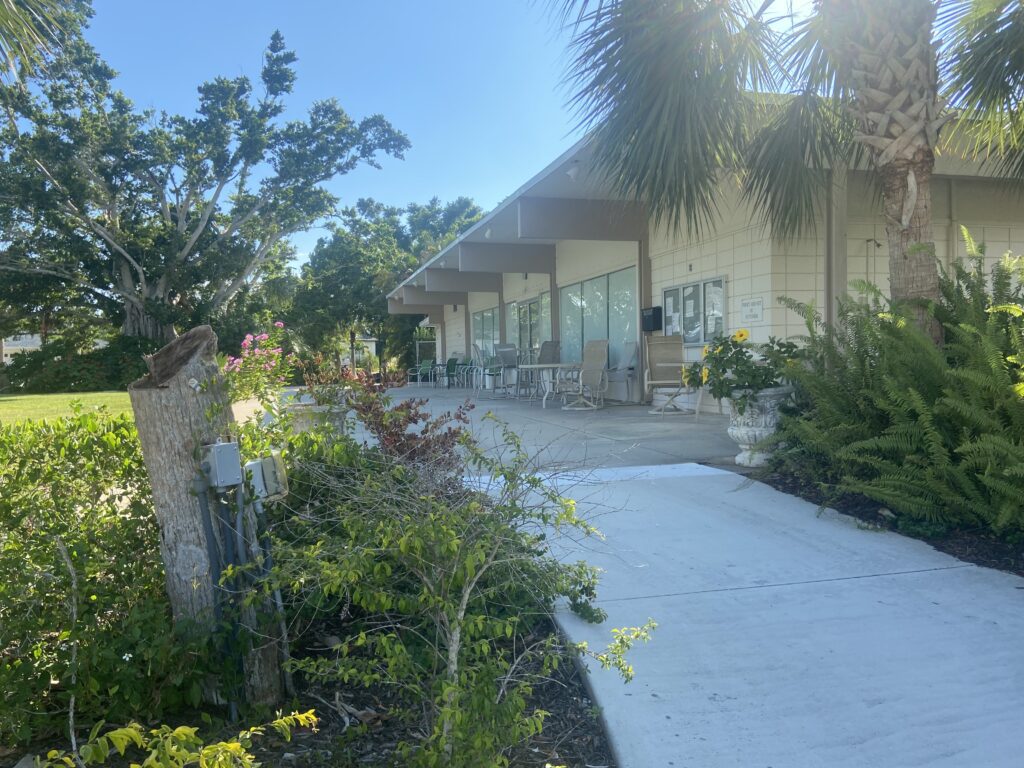
“A lay person is going to understand it well, but you can throw a question to the doctor. It’s not the simple stuff you will see in a kids program.”
The inaugural talk will take place at the Cape Haze Community Center with refreshments at 5:30 p.m. and a presentation at 6 p.m.
There will be announcements and a quick annual meeting just prior to the presentation.
Monthly seminars are set through April. They include:
- Feb. 22: “The Mysterious Manta Rays of Florida” – Jessica Pate, Lead Scientist, Florida Manta Project
- March 14: “Blooms of Blue-green Algae and Red Tide in South Florida” – Dr. Larry Brand, Professor, University of Miami Rosenstiel School
- April 11: “Roseate Spoonbills In Florida Bay – A Pink Canary in a Coal Mine” – Dr. Jerry Lorenz, State Director of Research, Florida Audubon
If there is enough interest, they would like to continue the series past April. It is so grassroots that the Lemon Bay Conservancy team is personally hosting speakers.
There is no irony in the fact that Robbins is launching the series in Cape Haze.
The neighborhood is where Eugenie Clark started her research, which became Mote Marine.
While Mote is gone as a physical presence, there is still a need for local scientists and researchers to work with citizens to understand the local issues.
“This is like the capital of marine biology,” said Robbins. “There is not a lot of good coastline left. Charlotte Harbor has it, so it’s important to conserve.”
The seminars are free and open to the public, at the Cape Haze Community Center, 180 Spyglass Alley, Placida, Florida 33946.
Find out more information from Lemon Bay Conservancy at lemonbayconservancy.org or
(941) 830-8922
